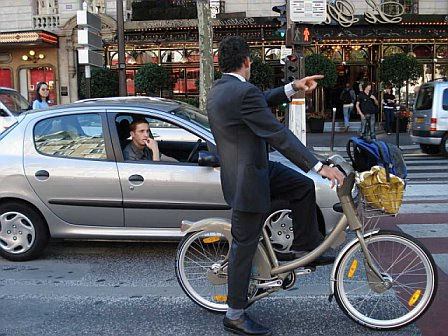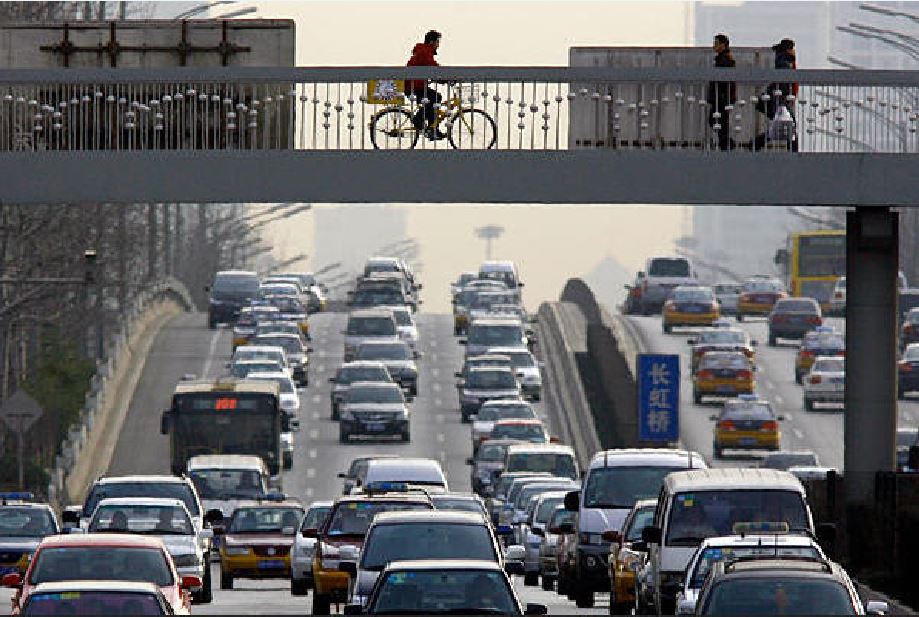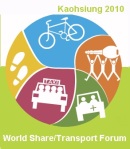
Whereas Car Free Days have been organized in cities around the world all over the year for the last two decades, there is inevitably a spate of high activity in the month of September, much of it the result of the European Commission’s continuing commitment to both the concept of Car Free Days and their own European Mobility Week. And each year we here at World Streets dig into our archives and dust off one or two of the classics as a timely reminder of the fact that the Car Free Day concept has been around and doing its bit since the first international announcement and challenge was made in Toledo Spain on 19 October 1994.
 Why do we bother to do this year after year? After all, there is copious documentation and background available at a click, as a quick tour of Google of those three little words yields somewhat more than 55,000 entries, including a fair if distinctly uneven introduction in the Wikipedia article https://en.wikipedia.org/wiki/Car-Free_Days. The problem is that most of this material seriously misses the point, and as a result often handicaps cities and groups wishing to organize a Day (a week or month close) to underestimate potential of this approach. The trick is that all of this is quite a simple as it may at first glance appear.
Why do we bother to do this year after year? After all, there is copious documentation and background available at a click, as a quick tour of Google of those three little words yields somewhat more than 55,000 entries, including a fair if distinctly uneven introduction in the Wikipedia article https://en.wikipedia.org/wiki/Car-Free_Days. The problem is that most of this material seriously misses the point, and as a result often handicaps cities and groups wishing to organize a Day (a week or month close) to underestimate potential of this approach. The trick is that all of this is quite a simple as it may at first glance appear.
To this end, here we are once again minding the store with the original 1994 article announcing the concept, along with several others from our archives which would appear here in the coming days. A general reference which the reader may find of use is the general introduction which appears here – https://worldstreets.wordpress.com/tag/car-free-days/. You will find at the end of this reposting, three separate annexes which provide supplemental background on (Annex A) New Mobility – 1988-1994 Program Summary; (B) Other Tools to Get the Job Done; and (C) a listing of more recent references.
Continue reading →









 Our old friend and long time colleague Lee Schipper is sitting in a hospital bed in Berkeley California today, and since your editor is stuck in Paris and can’t visit him, we thought that while he gets his strength back we would reach into our and others archives and publish a series of pieces to celebrate his deep knowledge of all that World Streets is about, his excellent judgement and his world level communications skills. (And if you have something by Lee that you would like to share with our readers as we wait for him to swing back into action, please send it on.)
Our old friend and long time colleague Lee Schipper is sitting in a hospital bed in Berkeley California today, and since your editor is stuck in Paris and can’t visit him, we thought that while he gets his strength back we would reach into our and others archives and publish a series of pieces to celebrate his deep knowledge of all that World Streets is about, his excellent judgement and his world level communications skills. (And if you have something by Lee that you would like to share with our readers as we wait for him to swing back into action, please send it on.)

 Why do we bother to do this year after year? After all, there is copious documentation and background available at a click, as a quick tour of Google of those three little words yields somewhat more than 55,000 entries, including a fair if distinctly uneven introduction in the Wikipedia article
Why do we bother to do this year after year? After all, there is copious documentation and background available at a click, as a quick tour of Google of those three little words yields somewhat more than 55,000 entries, including a fair if distinctly uneven introduction in the Wikipedia article 



